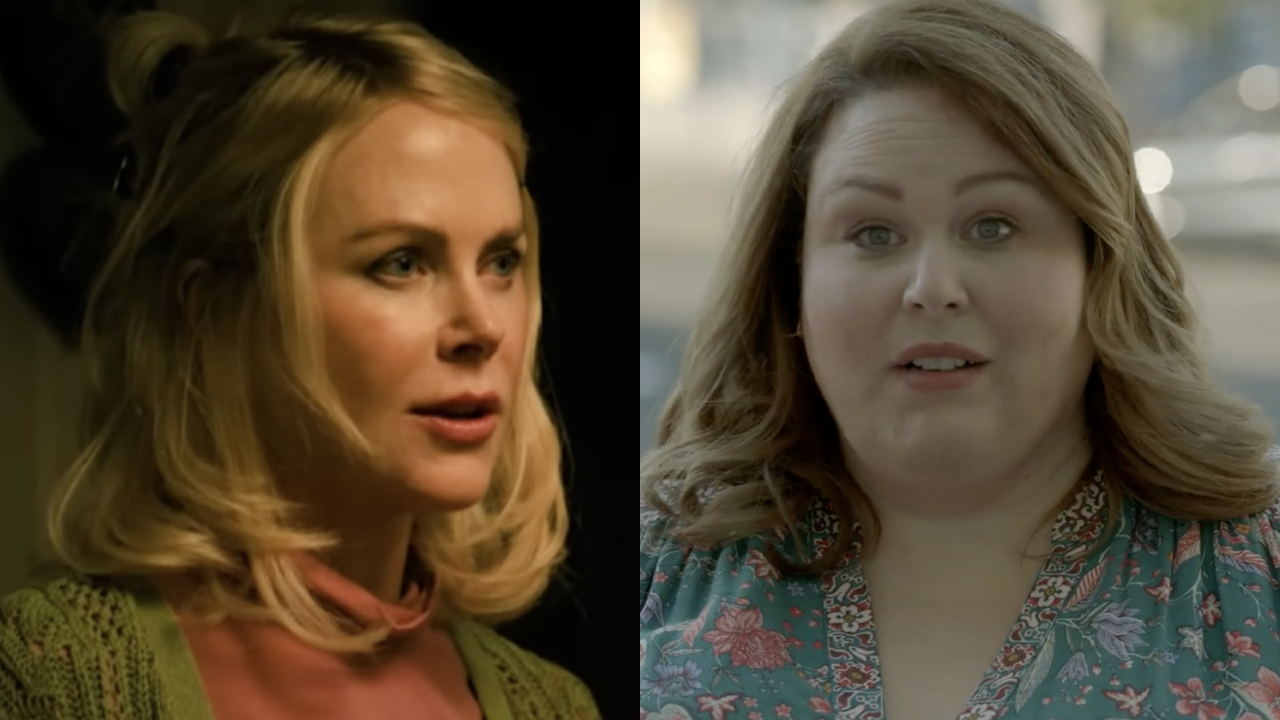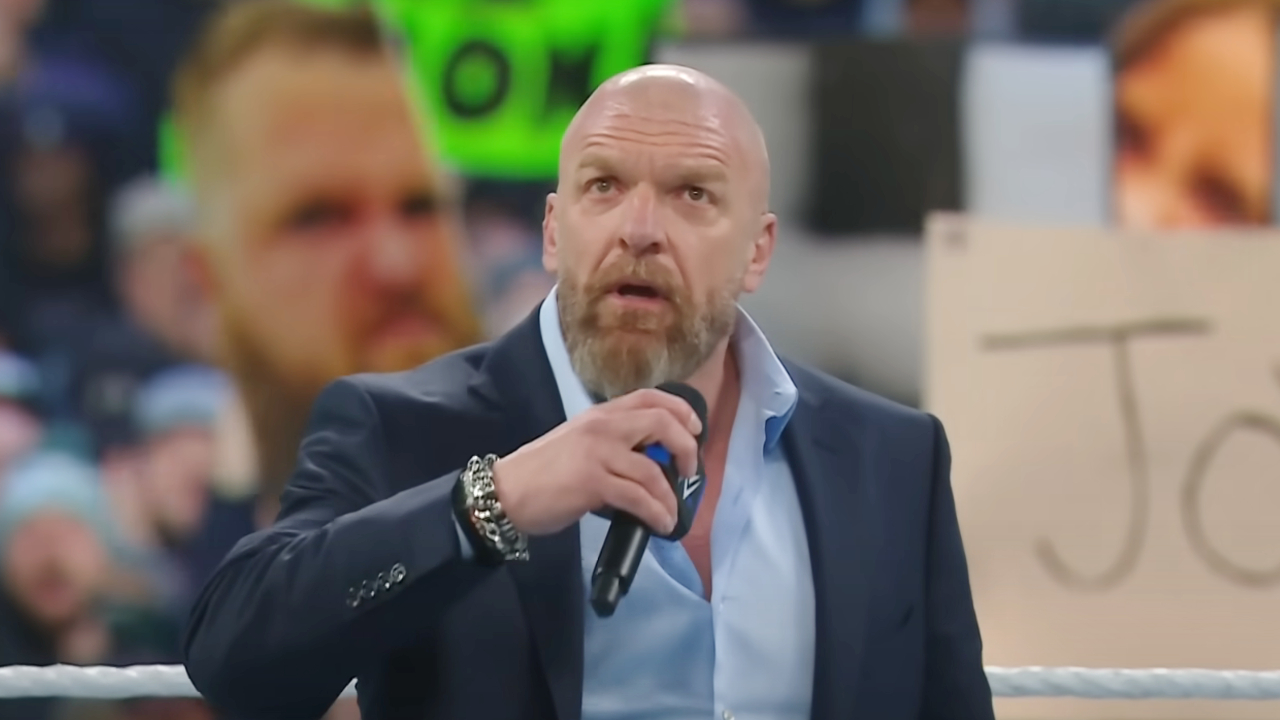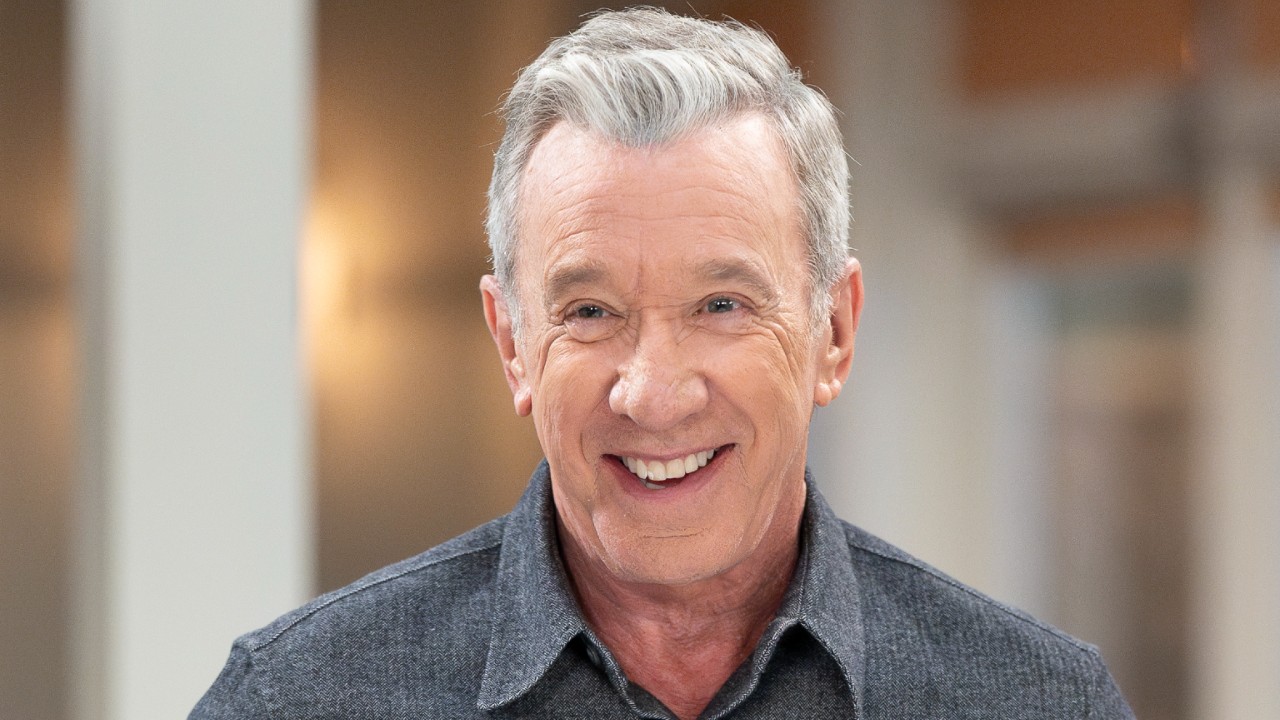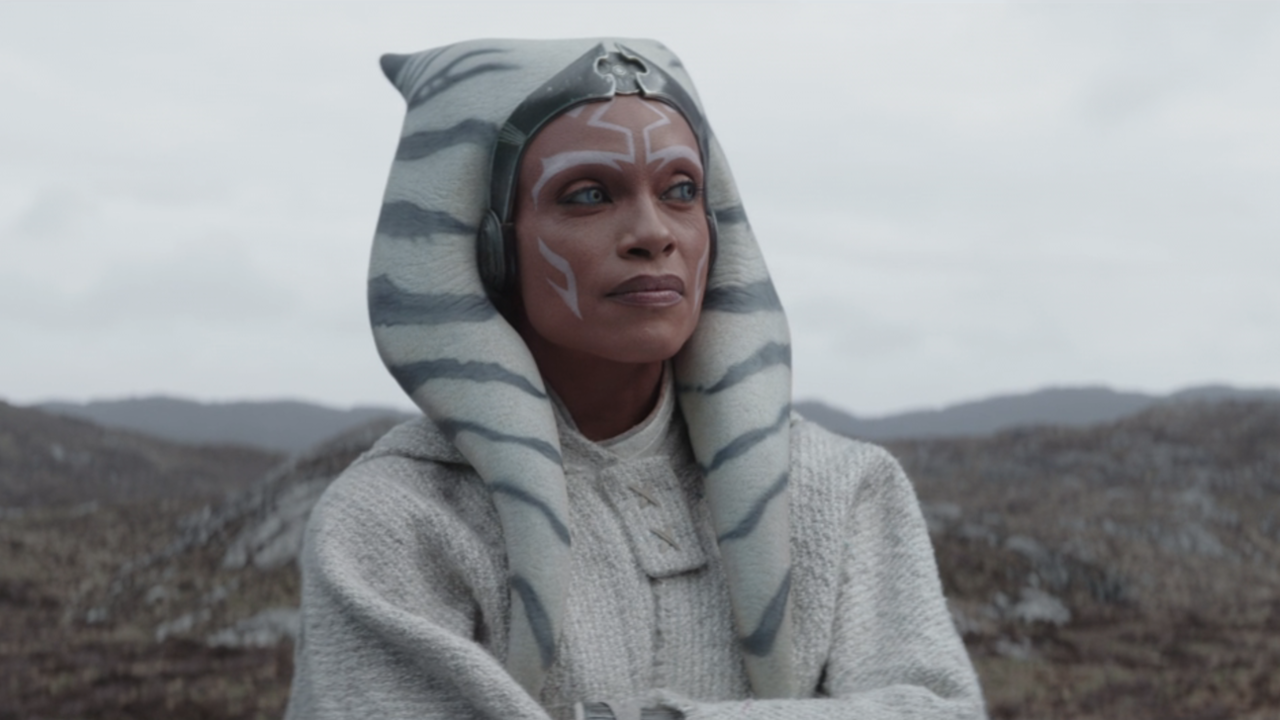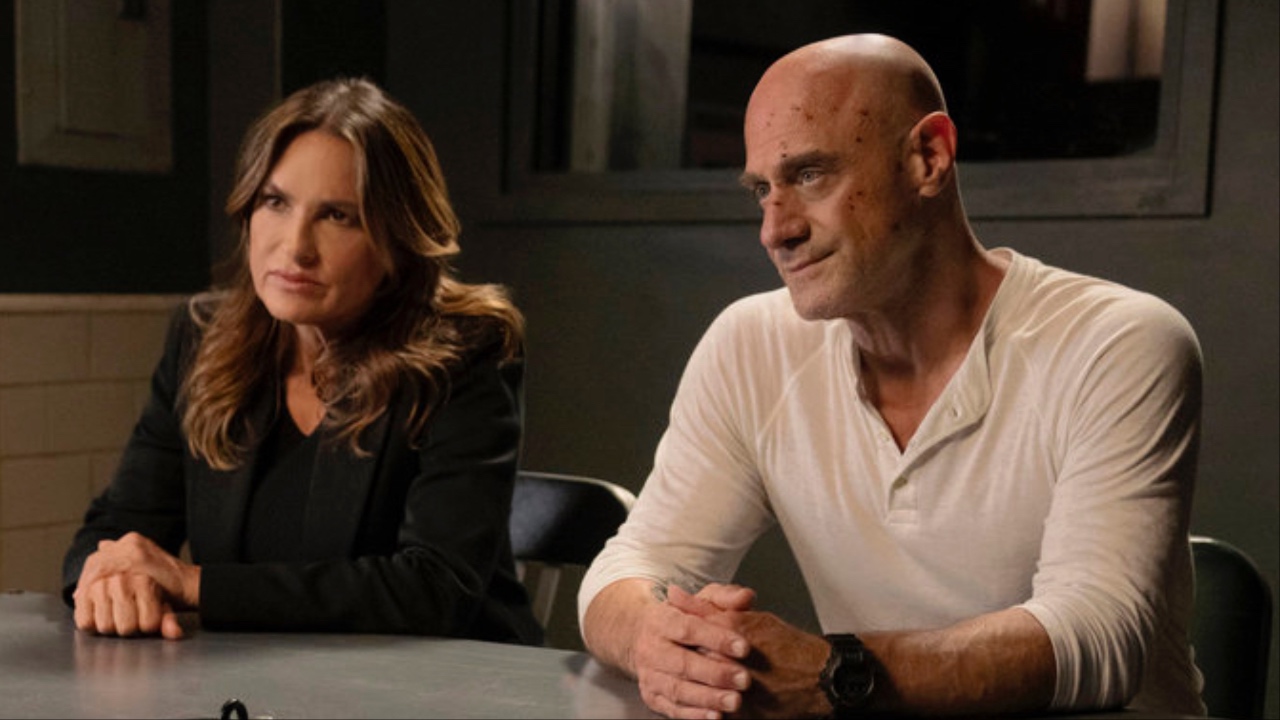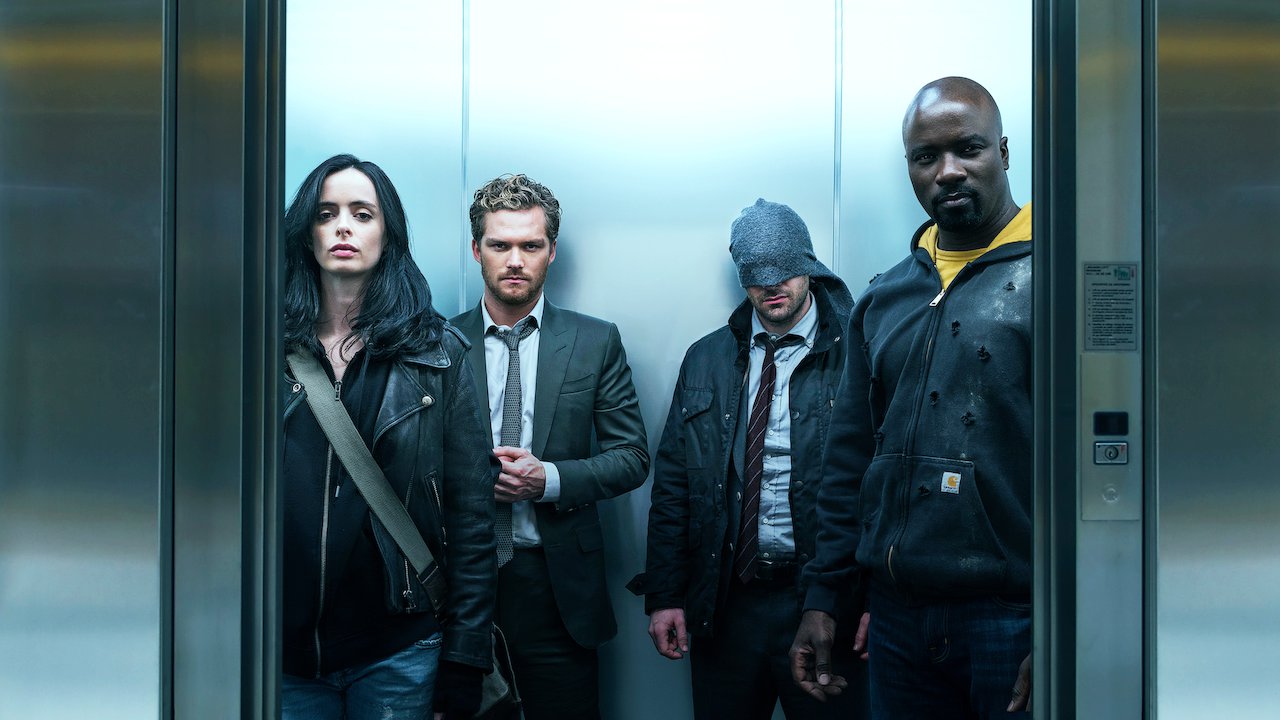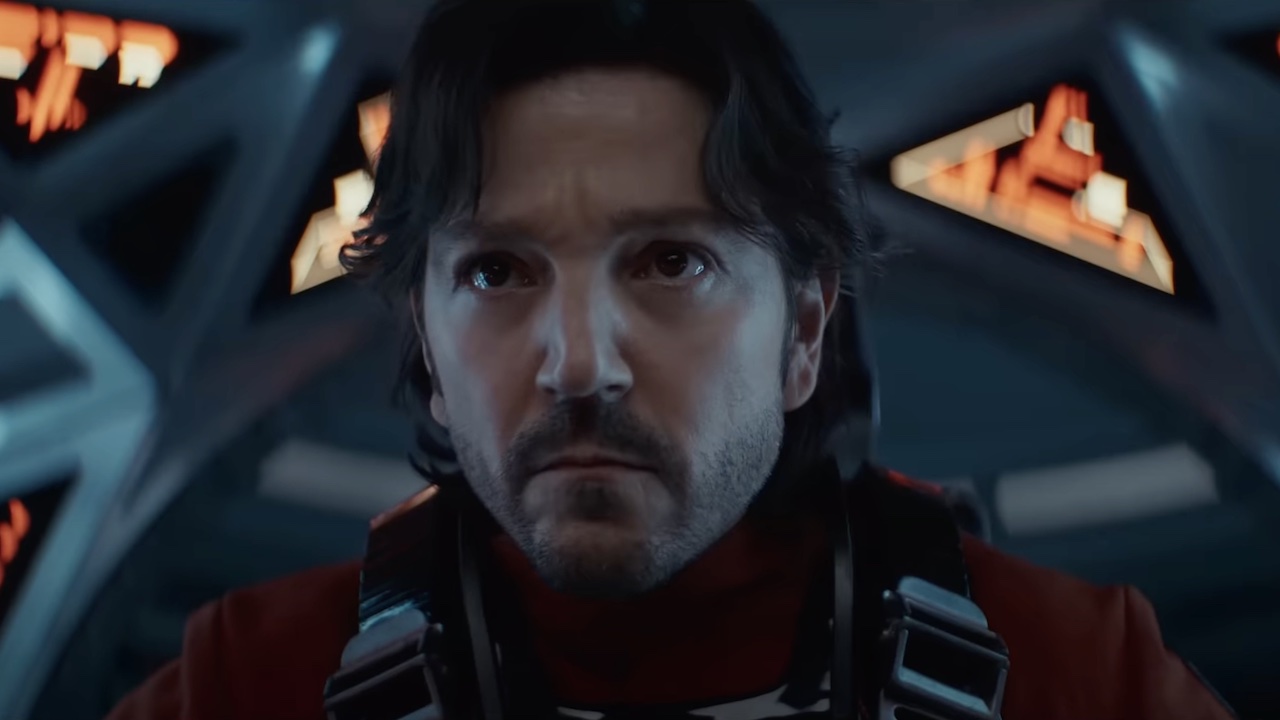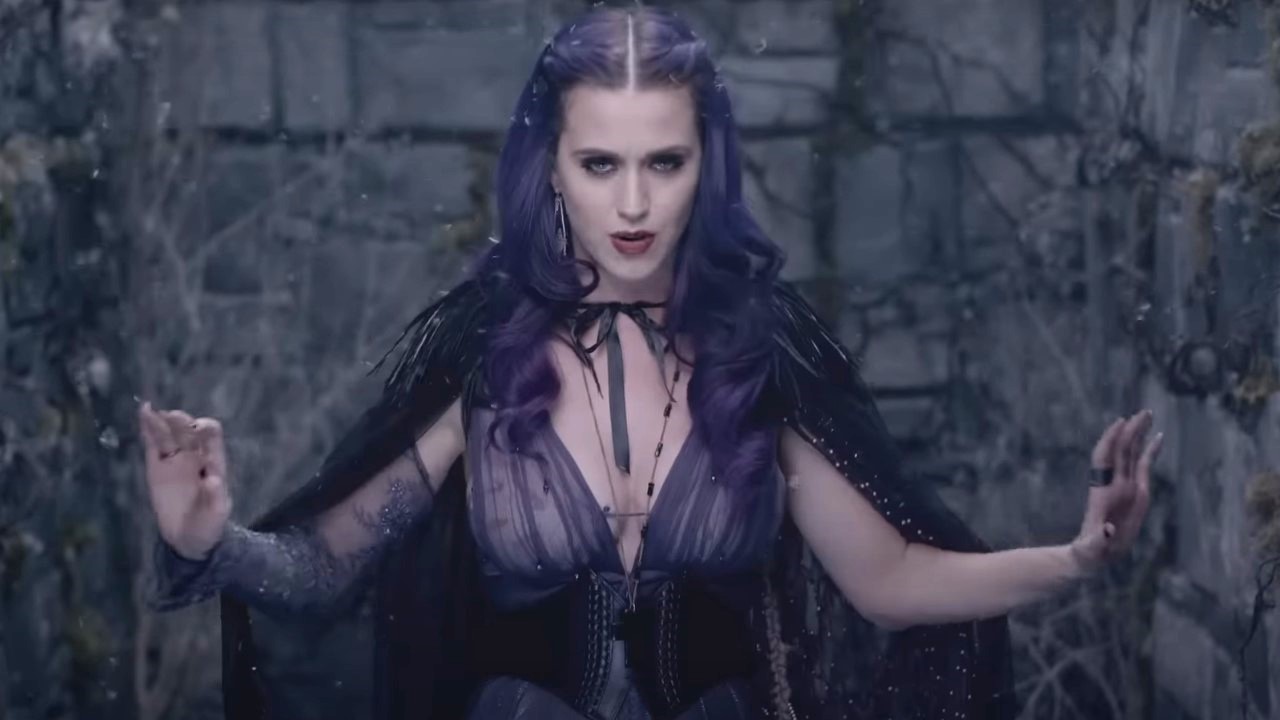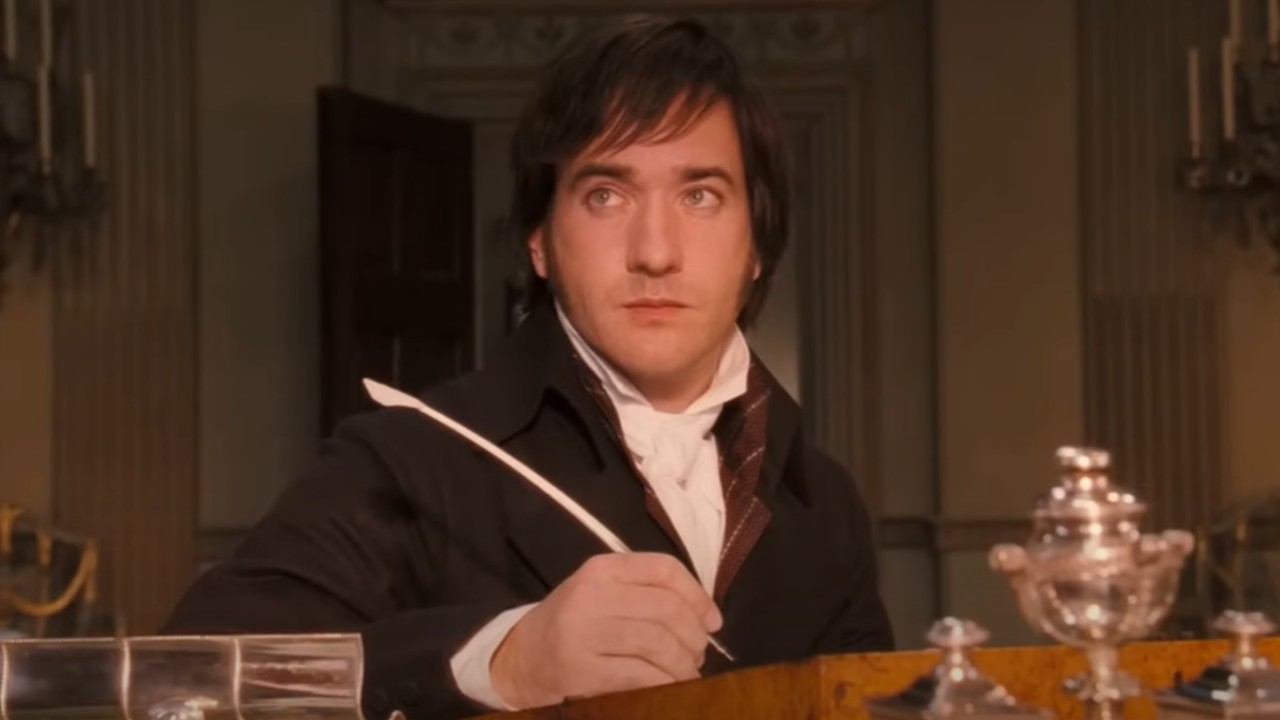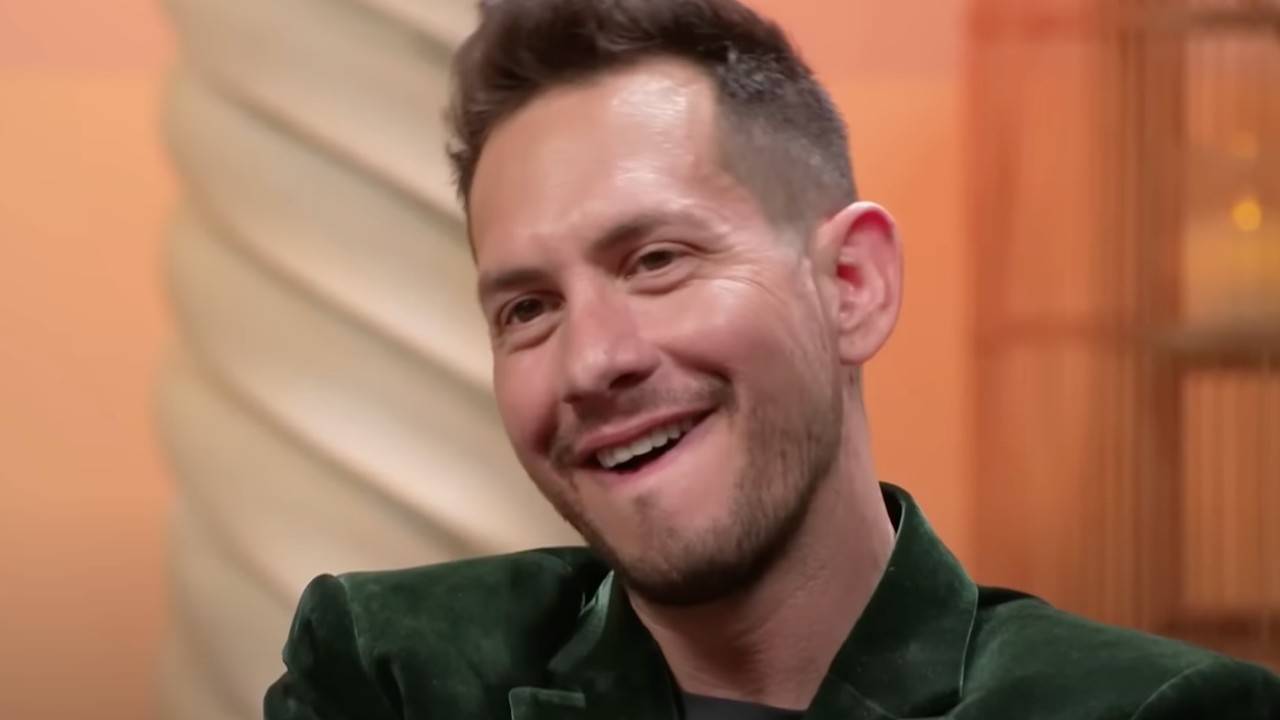M. Night Shyamalan Explains Why We Didn't Get His Last Airbender Movie
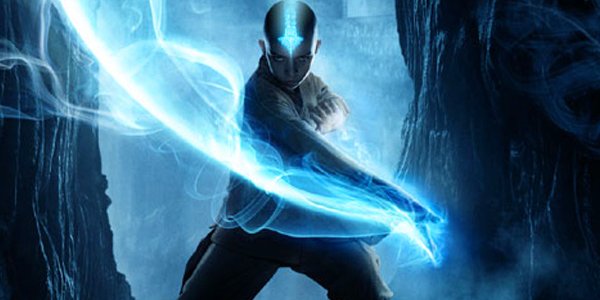
At this point, the idea that M. Night Shyamalan’s The Last Airbender was a big-budget, box-office disaster is well established in the ignominious annals of cinematic stinkers. While the film was widely panned by the critic community for a number of reasons, it seems that the director is offering up a different explanation: It was made for 9-year-olds, and adults didn't get that.
Recently speaking to IGN about his latest role as a producer on the Fox television series Wayward Pines, Shyamalan sportingly indulged a topic shift to one of his most notorious failures in 2010’s The Last Airbender and even offers up a theory as to why audiences just weren’t receptive to the adaptation of the Nickelodeon animated series. According to Shyamalan:
My child was nine-years-old. So you could make it one of two ways. You could make it for that same audience, which is what I did -- for nine and 10-year-olds -- or you could do the Transformers version and have Megan Fox. I didn't do that.
Shyamalan’s statement came about when posed with rough comments made last year from Bryan Konietzko and Michael Dante Dimartino, who created the originally inspiring animated show, Avatar: The Last Airbender. As far as they’re concerned, they prefer to pretend that Shyamalan’s live-action adaptation never existed. It’s feedback that certainly isn’t pulling punches and probably still hurts to some degree five whole years after the fact. However, it seems that in Shyamalan’s mind, he created a film that was uncompromising to the source material to the point of its own detriment.
As the director would further explain, his film’s status as an adaptation of a contemporary animated show aimed at children seemed to inspire him to make his film for that same demographic. Shyamalan uses the Transformers films as an example of the opposite end of that spectrum, identifying it as a live-action adaptation of a children’s property in which the "children" have long since grown up and need to be buoyed by other distracting elements like, say, Megan Fox bending over in slow motion in her Daisy Dukes while giant robots send subliminal Taco Bell messages amidst explosions in the background.
Likewise, it is implied that The Last Airbender was meant to be an accessible gateway to a deeper take on elements featured on the animated series such Eastern philosophy and mysticism that contemporaneously spoke to the 9- and 10-year-old fans of the property who were still children at the time of the film’s release. Of course, in a critique that has been often implied, the narrative style was generally seen as clumsy and directionless, plus the dialogue, while focusing on fictional, quasi-mystical concepts, came across as nonsensical to audiences across a wide range of demographics.
However, Shyamalan seems to remain adamant about his approach to the film, claiming that tainting a supposed children’s property with provocative bells and whistles in a desperate attempt to appeal to the young adult demographic would be a compromise he was not interested in making. In fact, he still claims to get feedback from children and parents going up to him saying that they love The Last Airbender animated show AND the movie. He declares that the movie remains a tribute to those kids. We’ll just have to take his word that they’re out there.
CINEMABLEND NEWSLETTER
Your Daily Blend of Entertainment News
